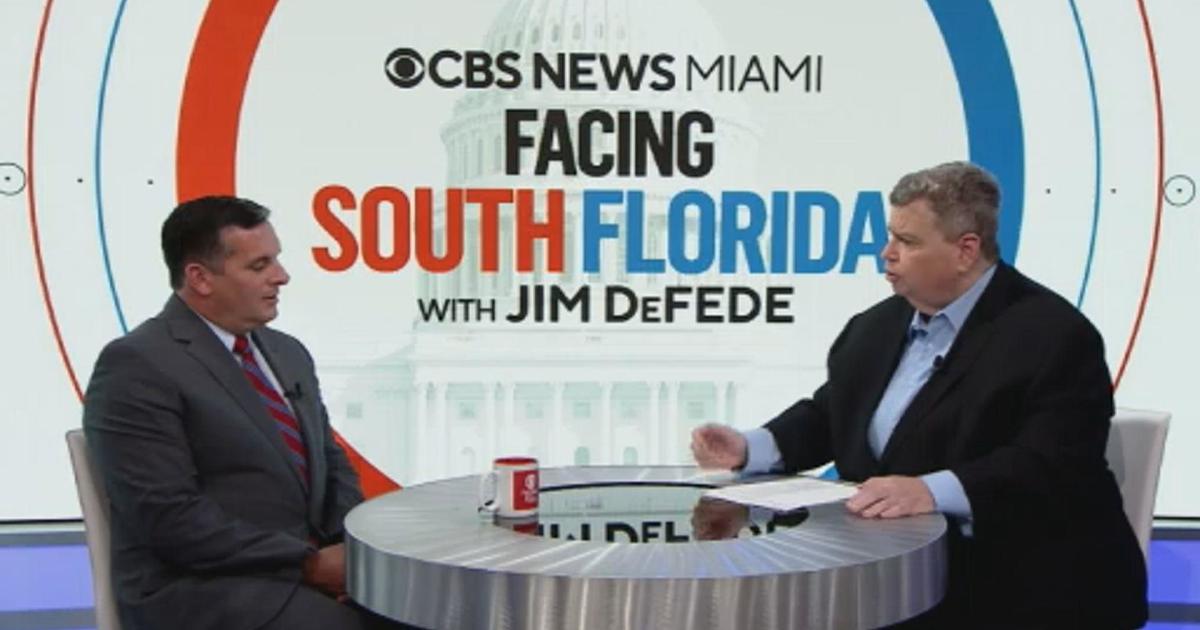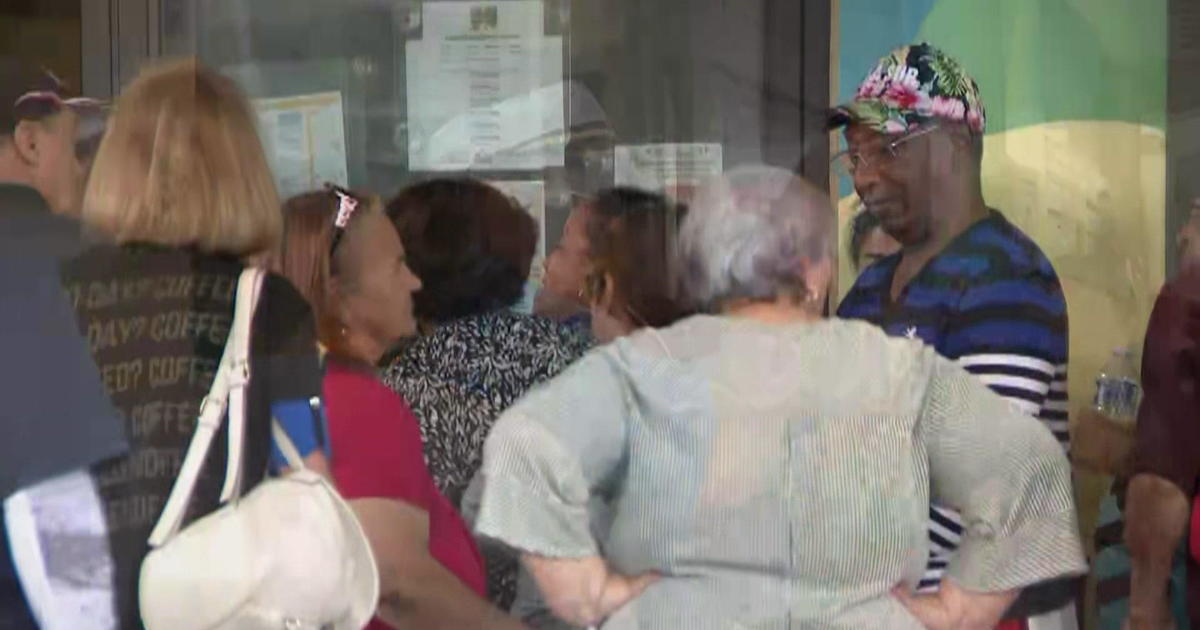Washington Continues Fiscal Cliff Game Of Chicken
MIAMI (CBSMiami) – While the Mayans may have predicted the end of the world for December 21, financial advisors, politicians, and taxpayers are focused on January 1, 2013, when the nation may plunge off the fiscal cliff into a full-fledged austerity crisis.
President Barack Obama, Senate Democrats, and Democrats in the House of Representatives are ready to move ahead on extending tax cuts for all those making less than $250,000 a year. The Senate has already passed this plan and President Obama has said he would sign it.
Republicans, led by Speaker of the House John Boehner, have called that plan a no-go and have not brought it up for a vote in the House of Representatives, controlled by the GOP.
Obama and Boehner are locked in a high-stakes game of chicken with both sides wanting to declare victory. Boehner's caucus doesn't want to raise taxes on anyone and is trying to find any leverage it can to extract more concessions from the president.
The president has offered to bring the rate to $400,000 and offered nearly $1 trillion in cuts to spending programs, but Boehner has said this isn't enough and the cuts must match the new revenue completely, among other areas.
Boehner will move forward Thursday with what he has titled Plan B. The legislation will keep the Bush tax rates in place for all incomes up to $1 million, which he believes will easily pass the House of Representatives.
According to the nonpartisan Tax Policy Center, because Plan B doesn't include many of the tax breaks for those making less money, like the child credit and earned income tax credit, taxes for people making less than $60,000 would go up $900 and for those making up to $107,000 taxes would increase by $800.
On the flip side, the Tax Policy Center, 48.3 percent of households in top one percent would see their taxes go down by $240 on average.
The plan would be a non-starter among Democrats and President Obama vowed to veto a possible deal like this.
Politico reported that Senate Democrats would likely not take up the House bill at all and instead blast Boehner for not negotiating in good faith to strike a deal with Obama.
Still, there is no guarantee the bill will pass the Republican-led House. It's a high-stakes game for Boehner because if it fails, he's left with two unpalatable options: one, go over the fiscal cliff or two, take the deal President Obama is offering.
Much like the debt ceiling debacle in 2011, public opinion has tilted in favor of President Obama and Congressional Democrats on the fiscal cliff negotiations.
Boehner made a strategic move to not vote on the Senate's plan for a $250,000 threshold. According to Talkingpointsmemo.com, the plan is if Plan B fails, the House can come back to the Senate-based plan.
But, if Plan B passes the House, it's likely any negotiating between Boehner and President Obama could be finished and the country could be set to plunge over the fiscal cliff.
The game of chicken Boehner and House Republicans are playing could blow up in their face though. According to a new poll from CNN, 53 percent of Americans said the GOP policies are too extreme and less than a third trust the Congressional GOP more than Obama to deal with major problems.
Forty-eight percent will blame the GOP if the country goes over the cliff to 37 percent who would blame the President. Plus, President Obama currently has his highest approval rating since the death of Osama bin Laden, which makes a tangle with him politically dangerous for the GOP, which is still reeling after November's election debacle.
While Congress can always backdate any tax action, if no deal is struck by midnight January 1, it will cripple America's role in the fiscal world. The country will be threatened with another credit downgrade and other countries may no longer see American debt as safe, which will increase borrowing costs.
In addition, once Congress finally agrees on a tax plan, the next crisis will come with a move to increase the national debt limit as quickly as possible to avoid another 2011 sovereign debt crisis.
As for taxpayers, with each delay by Congress, the likelihood of higher taxes for every one becomes more and more likely. Plus, the Internal Revenue Service has warned that if rules aren't in place soon, it could delay many tax returns to Americans, further depressing the purchasing power of consumers.
With just 11 days left to work with, neither side is showing any signs of budging and the American people may need a holiday miracle to avoid a major austerity crisis and certain plunge into recession hitting the United States in 2013.



